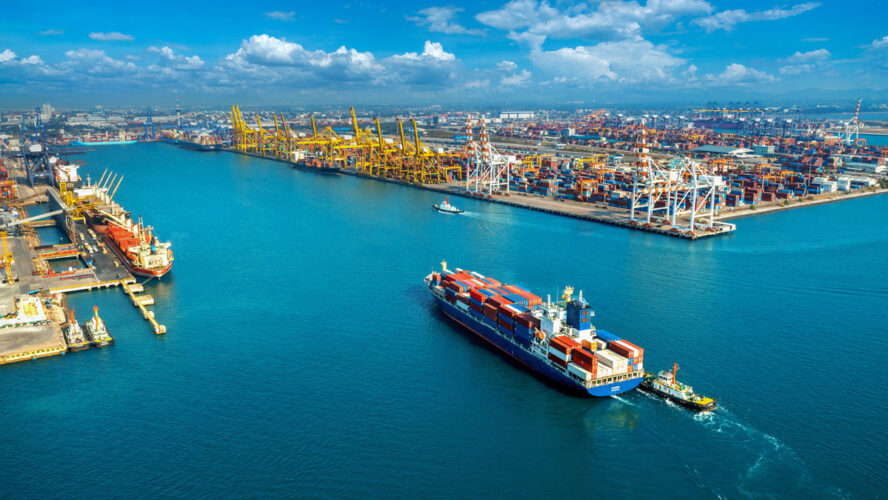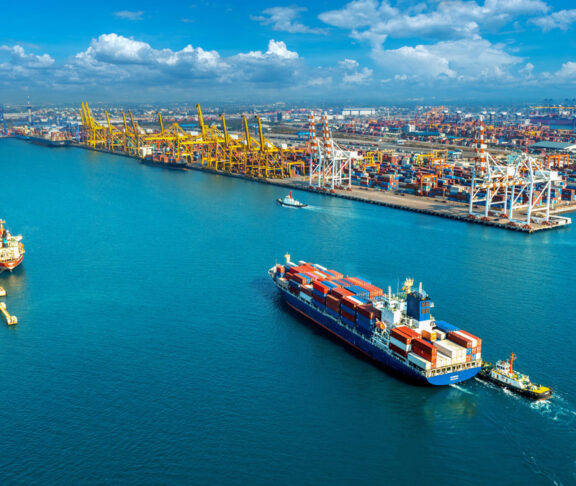
Rhett Hatcher
CEO, UK Chamber of Shipping
Shipping remains the invisible engine of the global economy. As we convene for London International Shipping Week 2025, it is time we gave this vital industry the attention — and investment — it deserves.
Shipping powers global trade and delivers prosperity throughout the UK. Every five minutes, a ship calls at a UK port. In 2023, 434.9 million tonnes of cargo enabled £957.3 billion in trade — 95% of everything we consume, build and export moves by sea.
The national impact of shipping
Behind these figures is a thriving industry: over 98,000 direct jobs, with 728,000 supported across the economy and £46.2 billion in total GVA (gross value added) — up 64% since 2019.
Shipping is also vital for 2.4 million people in the UK who depend on the operations of ferries as a lifeline service, and a driver of tourism, the UK welcoming 18.1 million international travellers and 2.9 million cruise tourists annually, injecting £170 million into coastal communities. Every street, every building, every room and what is in it has been shaped by seaborne trade.
Decarbonisation and competitiveness
Our new report on the global competitiveness of UK shipping, shows that the industry faces mounting pressure. Decarbonisation deadlines, global competition, skills shortages and regulatory uncertainty all impact the UK’s standing in our truly globalised industry. We must respond with ambition and clarity if we are to continue to be competitive.
As an industry, we are proud to have led the charge on decarbonisation, calling for a 2050 target before the UK Government or the International Maritime Organization. However, we need clarity and strategic focus from the Government — on emissions frameworks, the offshore transition and infrastructure investment — to stay ahead.
The UK has a proud maritime
heritage. Yet, heritage alone
will not secure our future.
Securing future maritime talent and growth
We must also look beyond 2050 to meet the needs of our future workforce. We must increase the number of cadets we train annually. Without action, we risk losing the next generation of maritime talent — and with it, our global edge.
The UK has a proud maritime heritage. Yet, heritage alone will not secure our future. Without clarity from Government, the UK risks missing opportunities to drive sustainable investment and growth.
Placing shipping in policy
We need a bold, coherent plan that places shipping at the heart of industrial policy, energy planning and regional development. From the offshore hubs of Aberdeen to the cruise capital of Southampton, or the global maritime services centre in London to the European centre of Ship management in Glasgow, shipping powers local economies and connects Britain to the world.
To policymakers, investors and the public: look to the sea. Our ships may be out of sight, but they must not be out of mind. The future of the UK economy depends on it.

